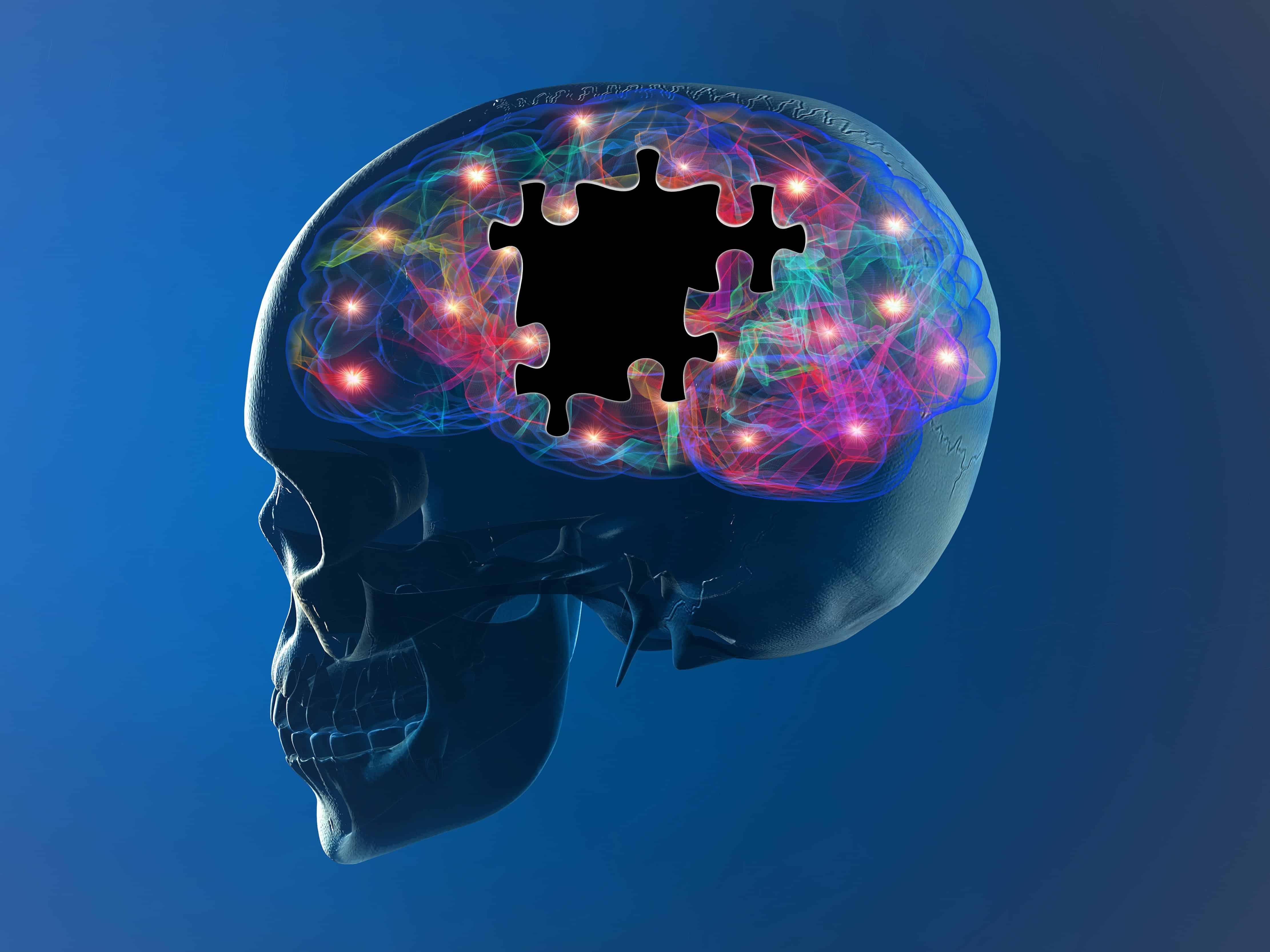Compromised “Gatekeeper” Cells Could be Precursors of Alzheimer’s
A new potential for alzheimer’s has been identified by researchers- the protective “gatekeeper” cells of tiny blood vessels.
Normally, the blood vessels in the brain form a tight barrier, preventing toxins and large molecules from flooding the brain, while allowing oxygen and nutrients in. But as people age, the researchers found, this blood-brain barrier starts to break down. The process was found to accelerate in those in the earliest stages of Alzheimer’s disease.
“This is a significant step in understanding how the vascular system affects the health of our brains,” said the senior author of the study, Dr. Berislav Zlokovic, director of the Zilkha Neurogenetic Institute at USC. “To prevent dementias, including Alzheimer’s, we may need to come up with ways to reseal the blood-brain barrier and prevent the brain from being flooded with toxic chemicals in the blood.”
The catastrophe causes a communications failure called small vessel disease. Many people with that disease also have white matter disease, the wearing away of fatty myelin that allows neurons to transfer messages within the brain network.
“Many scientists have focused their Alzheimer’s disease research on the buildup of toxic amyloid and tau proteins in the brain, but this study and others from my lab show that the problem starts earlier — with leaky blood vessels in the brain,
” said Berislav Zlokovic.“The collapse of pericytes — gatekeeper cells that surround the brain’s smallest blood vessels — reduces myelin and white matter structure in the brain. Vascular dysfunctions, including blood flow reduction and blood-brain barrier breakdown, kick off white matter disease.”
The brain has a dense network of blood vessels, which if stretched end-to-end would cover more than 5,000 football pitches. However, unlike the blood vessels in other parts of the body, these vessels restrict which things can enter the brain from the blood stream. It does that by forming a physical overlap of cells, such as pericytes and endothelial cells, that make up the blood vessel wall and forms tight junctions that control the entry and removal of substances into and out of the brain.

Pericytes play a critical role in white matter health and disease via fibrinogen, a protein that circulates in blood. Fibrinogen develops blood clots so wounds can heal. When gatekeeper cells are compromised, an unhealthy amount of fibrinogen slinks into the brain and causes white matter and brain structures, including axons (nerve fibers) and oligodendrocytes (cells that produces myelin), to die.
Therefore, the team of researchers at the USC proceeded to bioengineer mice to have 25 percent fewer of pericytes. They then prodded the hind legs of the young specimens with an electric stimulus.
The pericyte-lacking mice showed an approximately 30 percent reduction in blood flow in the brain versus normal mice, because their capillaries took about 6.5 seconds longer to open up in the face of the stimulus. Further, as the specimens aged, it was observed that the cerebral blood-flow response got even worse, dipping to 58 percent lower than their unaffected brethren at six to eight months of age.
“We now understand the function of blood vessel gatekeeper cells is to ensure adequate oxygen and energy supply to brain cells,” said Amy Nelson, co-first author and a postdoctoral scholar at the Zilkha Neurogenetic Institute. “Prior to our study, scientists knew patients with Alzheimer’s disease, ALS and other neurodegenerative disorders experience changes to the blood flow and oxygen being supplied to the brain and that pericytes die. Our study adds a new piece of information: Loss of these gatekeeper cells leads to impaired blood flow and insufficient oxygen delivery to the brain. The big mystery now is: What kills pericytes in Alzheimer’s disease?“






























